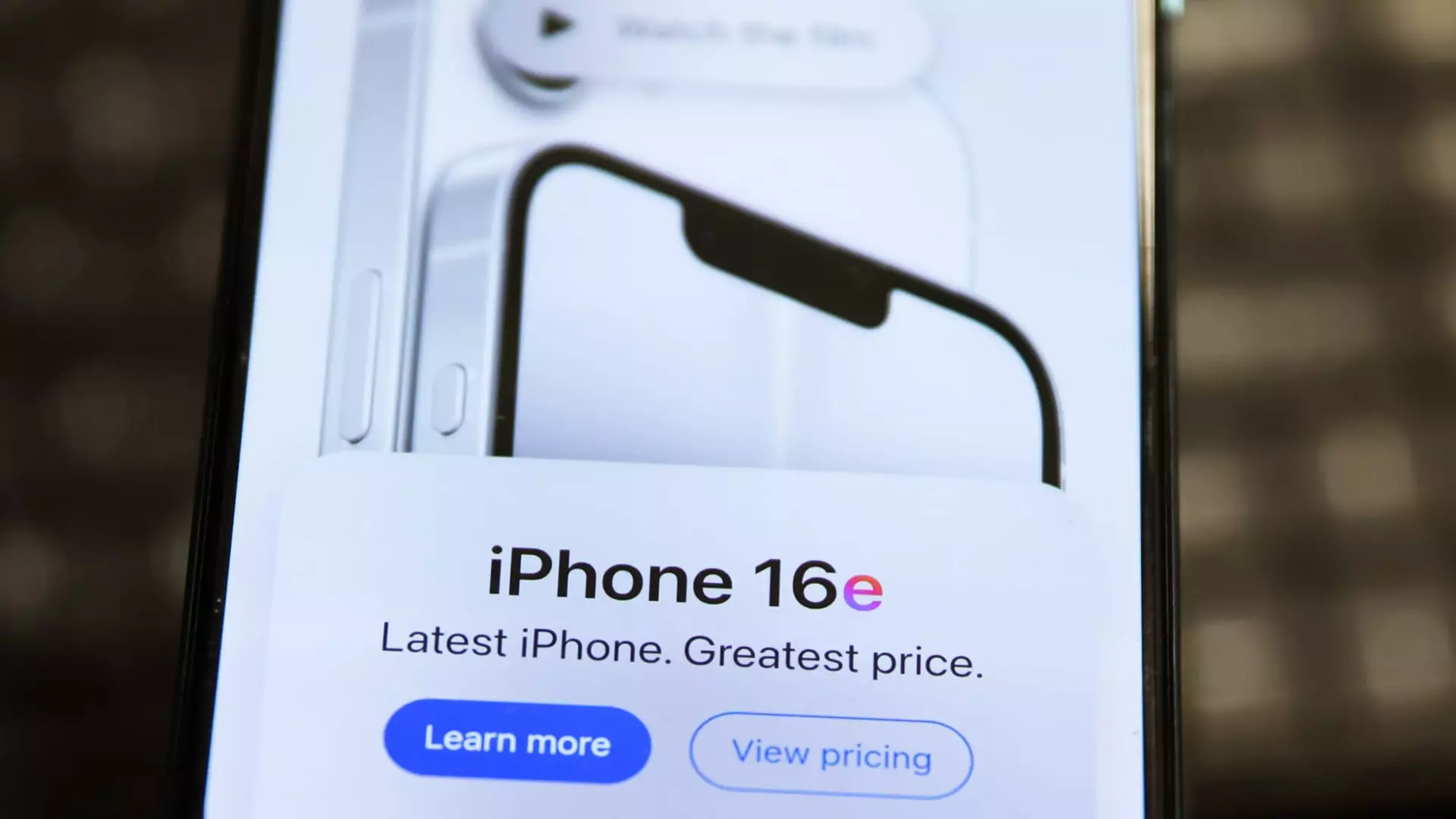In the rapidly evolving world of technology, the competition between powerhouse companies like Qualcomm and Apple is a spectacle for industry watchers. Qualcomm’s CEO, Cristiano Amon, recently made bold claims regarding his company’s latest development, the X85 modem, asserting that its performance will establish a substantial lead over Apple’s first attempt in this arena. Given that modems are crucial for any smartphone’s connectivity, Amon’s confidence isn’t unfounded, but it’s important to explore the ramifications of this rivalry.
Investment in Innovation
Qualcomm has long been perceived as the stalwart of modem technology, maintaining its status through relentless innovation and investment. Amon’s prediction not only highlights the confidence in their new modem but points to a broader trend: Apple’s decision to move towards in-house hardware, following its acquisition of Intel’s modem business. While Apple entered the sector with the C1 integrated into the iPhone 16e, skepticism remains about whether this fledgling effort can compete with Qualcomm’s advanced offerings. The mere fact that Qualcomm’s modem utilizes artificial intelligence to enhance performance marks a significant evolution in how modems function. This can only bode well for users who crave better and more reliable connectivity.
Quality Over Quantity
Apple’s reputation for polished products often comes with the expectation that their new technologies will be revolutionary. However, their late entry into the modem game raises concerns about whether they’ve compromised quality for the sake of speed. Amon articulates a clear divide emerging in the performance metrics when comparing top-end Android devices with Apple’s initial offering. If Qualcomm’s claims hold true, the X85 could not just outperform the C1 but become a benchmark in the industry. This begs the question: will Apple catch up, or are they destined to play second fiddle in this critical hardware race?
The Future of Connectivity
Looking beyond just the comparison of chipsets, it’s vital to consider the larger implications of this modem battle. The role of modems is evolving, especially in the context of artificial intelligence. With the rise of IoT devices and a general push towards smarter technology, the performance of modems will increasingly dictate consumer choice. Herein lies a significant advantage for Qualcomm—it has positioned itself to capitalize on a future where modems are not merely components but rather the linchpins in a consumer’s technological experience.
Apple’s Ambitious Plans: A Double-Edged Sword?
While plans for Apple to develop high-end modems might seem ambitious and strategically sound, the reality is fraught with challenges. If a gap truly emerges between Qualcomm’s X85 and Apple’s early handshake with C1, will consumers be disillusioned by Apple’s foray into in-house modem production? Amon’s prognosis suggests that Qualcomm’s leadership in this arena is unlikely to weaken soon, and investors may need to recalibrate their expectations of Apple. If Apple fails to impress with its modem technology, it could jeopardize its stronghold in the premium smartphone market, shifting perceptions and potentially impacting future sales.
In an age marked by technological prowess, the competition between Qualcomm and Apple underscores a larger narrative about innovation, ambition, and the inherent risks of going it alone. As the industry watches, the stakes have never been higher.

